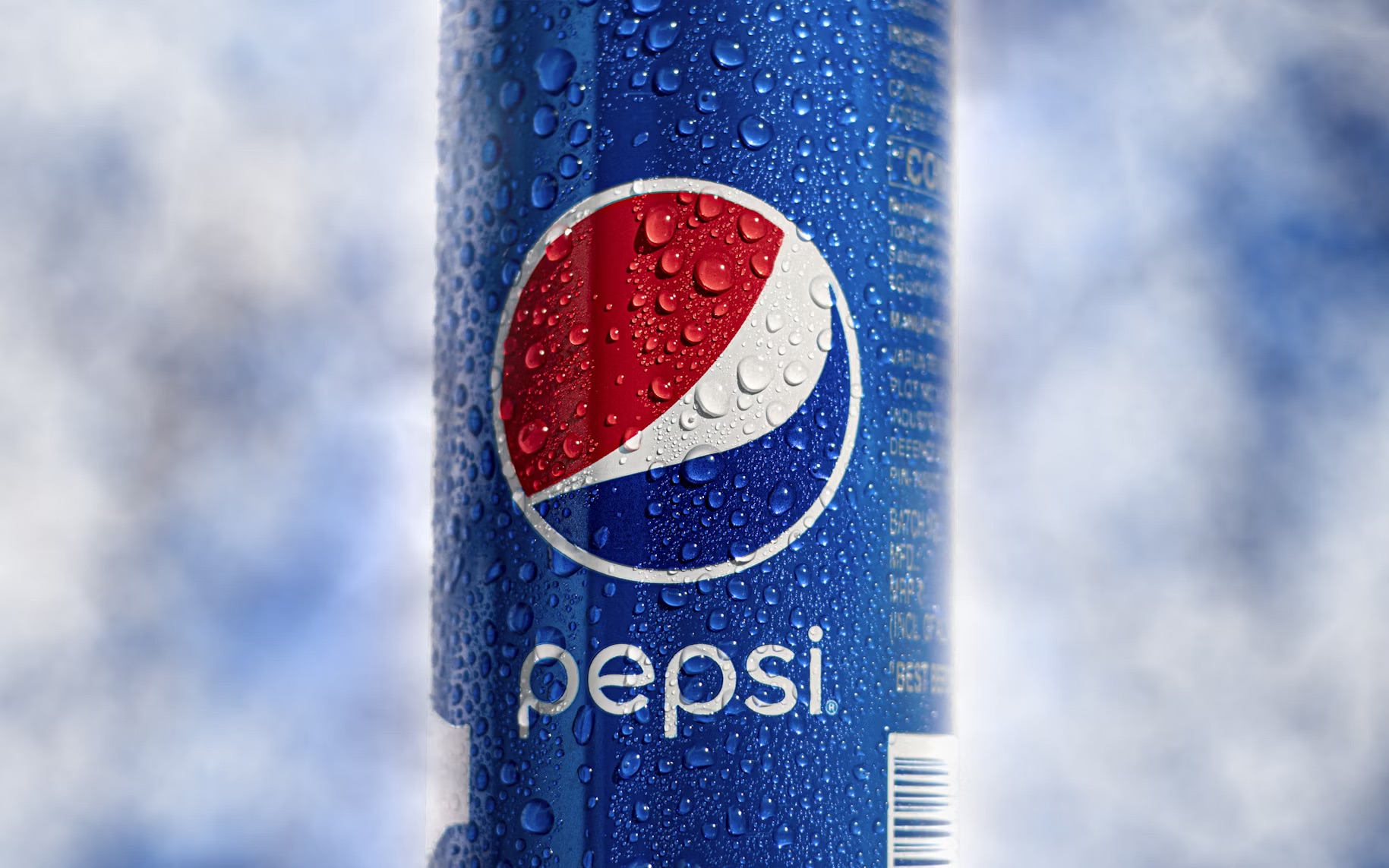
PepsiCo reported quarterly earnings and revenue on Thursday that surpassed analysts’ expectations, a positive result driven primarily by international growth which managed to offset yet another quarter of declining sales volume in North America. Following the announcement, shares of the company rose by more than 2% in morning trading.
Financial Results and Volume Decline
For its fiscal third quarter, PepsiCo reported adjusted earnings per share of $2.29 on revenue of $23.94 billion, both exceeding the Wall Street estimates of $2.26 and $23.83 billion, respectively. The company reported third-quarter net income attributable to the company of $2.6 billion, or $1.90 per share, down from $2.93 billion, or $2.13 per share, a year earlier. Excluding one-time charges, Pepsi earned $2.29 per share. Net sales climbed by 2.6% to $23.94 billion. When stripping out the impact of acquisitions, divestitures, and foreign exchange fluctuations, the company’s organic revenue increased by a more modest 1.3% in the quarter.
Despite beating revenue forecasts, the owner of Frito-Lay and Gatorade continues to see softer demand for its products, with PepsiCo’s worldwide volume for both food and drinks declining by 1% during the quarter. CEO Ramon Laguarta noted during the company’s conference call that volume was lower partly because Pepsi is strategically shifting to smaller packaging sizes to appeal to more price-conscious consumers. While this shift negatively impacts volume metrics, it successfully boosts overall revenue.
North American Turnaround Strategy
PepsiCo has been actively working to improve performance in its home market, where it has struggled in recent quarters. Executives stated in prepared remarks that they “aggressively reduce costs, accelerate innovation and further sharpen our price pack architecture initiatives” to deliver better growth and profitability trends in North America. The Pepsi Foods North America unit, which includes brands like Doritos, Quaker Oats, and Pearl Milling, reported that its sales volume fell by 4% in the fiscal third quarter. Improving this segment is a “top priority for the business,” executives said.
The company is addressing this soft demand through several product changes, including investing in more “permissible” snack offerings such as Stacy’s pita chips and Quaker rice cakes. They are also expanding into the protein-rich food trend with new options like Doritos Protein. Furthermore, Pepsi announced new packaging for Lay’s potato chips highlighting the lack of artificial colors and flavors, and pledged to launch Doritos and Cheetos “NKD” versions free of synthetic dyes and flavors—a move made partly due to political pressure from the Trump administration. The company is also planning to use more olive and avocado oils in its snacks, responding to the “Make America Healthy Again” movement’s villainization of canola and other seed oils, despite a lack of scientific evidence. To attract consumers, Pepsi is also making its multi-packs and single-serving snacks cheaper.
The North American beverage unit saw its volume shrink by 3%, though Laguarta noted “improved momentum.” The company’s namesake soda brand grew both volume and revenue in the quarter, and the recently acquired brand Poppi saw its year-to-date retail sales climb more than 50%. In September, Pepsi divested its ownership of Rockstar Energy in the U.S. and Canada to its rival energy drink maker, Celsius, in which the beverage giant retains an 11% stake.
Executive Changes and Activist Investor
The earnings announcement was also accompanied by news of a major executive change: CFO Jamie Caulfield plans to retire, and Walmart U.S. CFO Steve Schmitt will succeed him, effective November 10. Separately, activist investor Elliott Investment Management recently unveiled a $4 billion stake in Pepsi. Elliott has pushed for changes including potentially refranchising the North American bottling network and reinvesting in soda brands. Laguarta addressed the situation during the conference call, stating that both Pepsi and Elliott share the belief that the company is undervalued, and he plans to have “conversations in the coming weeks and months” with the activist investor. Pepsi reiterated its full-year outlook, expecting core constant currency earnings per share to remain roughly unchanged from the prior year and organic revenue to grow by a low single-digit percentage.
Author’s Opinion
PepsiCo’s tactical pivot toward smaller, revenue-boosting packaging while simultaneously launching new “permissible” and “NKD” snacks is a brilliant, necessary strategy to navigate a consumer base suffering from both inflation and health consciousness. The core challenge lies in the political framing: marketing new snack formulations as a response to the “Make America Healthy Again” movement, even when based on disputed scientific premises about seed oils, demonstrates that product development is now a game of pandering to politically charged consumer anxieties. This dual strategy of raising revenue through price-hiding tactics and aligning product messaging with cultural health trends is how the Frito-Lay giant plans to survive the current economic climate.
Featured image credit: Vitya_maly via GoodFon
For more stories like it, click the +Follow button at the top of this page to follow us.
